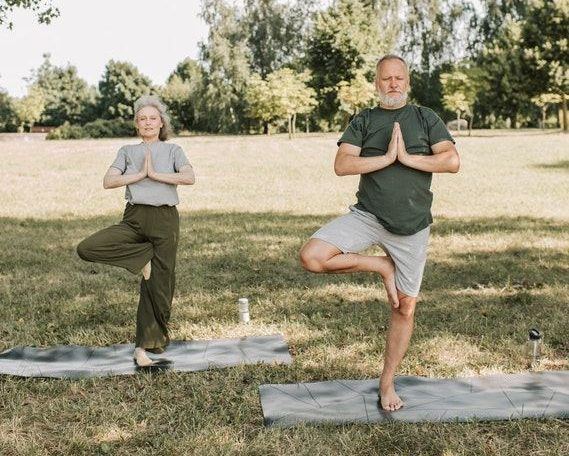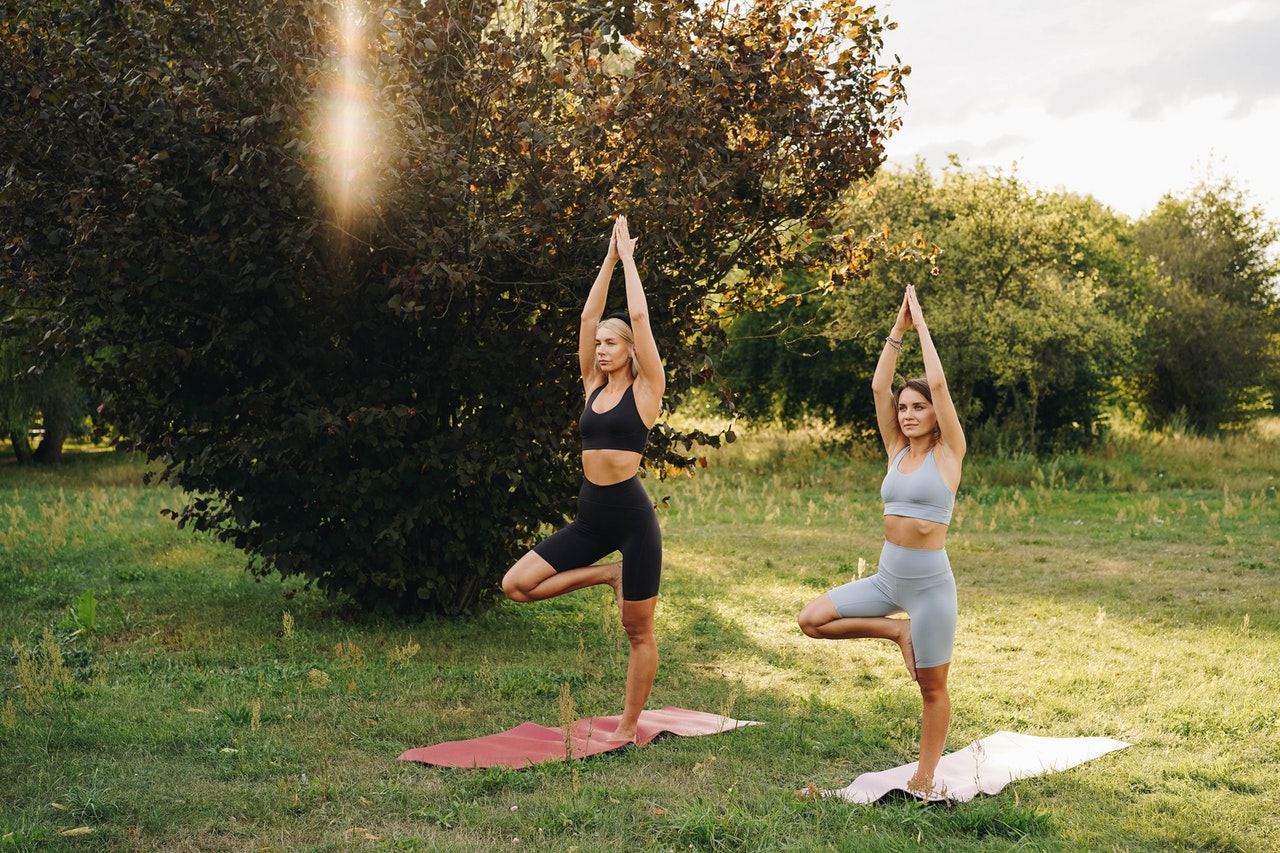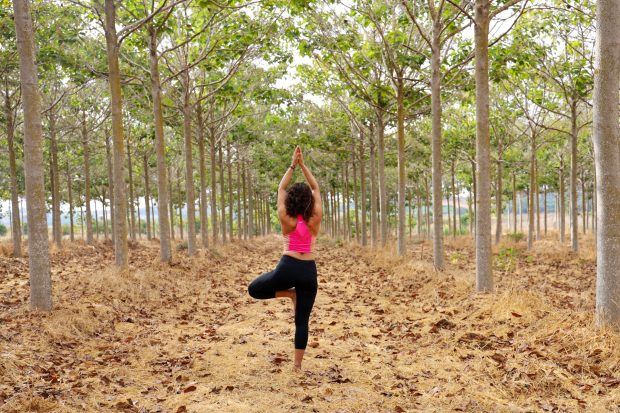Do you remember playing hopscotch? As fun as it was, do you remember how challenging it would sometimes become when you had to balance on one leg for a few moments? It sounds easy, but standing on one leg for a few seconds is not only harder than you think but how well you accomplish it can also be an indicator of your longevity.
Balancing Your Health for Longevity
Dr. Claudio Araújo is from the Exercise Medicine Clinic in Rio de Janeiro. He and his team looked into the role of balance in regards to your health and longevity, especially because balance remains well preserved until one enters their 60s, and it is here that it begins to wane rapidly.
As we spend a lot of our time in one-legged positions, “to move out of a car, to climb or descend a step or stair and so on,” explains Araújo, it’s important to evaluate one’s balance while on one foot. What’s more, the number of deaths from falls continues to rise in the United States, so checking the balance on one foot can also help to determine one’s risk of falling.
“Aged people falling are in very high risk of major fractures and other related complications. This may play a role in the higher risk of mortality.” – Dr. Claudio Araújo
Araújo and his team have previously looked at the link between movement ability and longevity, finding that one’s ability to sit on the floor and stand up without any assistance can also predict their longevity. Now, their latest study once again looks at how maintaining a good balance may also predict your longevity.
How does balance predict longevity?
For the recent study, published in the British Journal of Sports Medicine, Araújo and his team used data from the CLINIMEX Exercise study. The 1994 study was used to examine the associations between poor health, death, and various levels of physical fitness, exercise, and conventional heart disease risks.
For the new study, the researchers focused on 1702 participants from ages 51 to 75. During their first study checkup, when weight, waist size, and measures of body fat were collected. The researchers made sure to only include participants who could walk steadily in their analysis.
During the first checkup, the participants were tasked with standing on one leg for 10 seconds without holding onto anything for support. Having been given three tries, they had to place the front of their foot on the back of their opposite lower leg, while keeping their arms by their sides and their gaze fixed straight ahead.
Overall, one in five failed the test.
Does poor balance mean poor health?
While the researchers did notice that the inability to pass the test rose with age, they also concluded that people who failed the test tended to be in poorer health than those who passed. They had health issues such as obesity, heart disease, high blood pressure, unhealthy blood fat profiles, and type 2 diabetes, with type 2 diabetes being three times more common among people who failed the test than those who passed.
The researchers made sure to account for factors such as age, sex, and underlying conditions. Following this, they found an association between the inability to stand unsupported on one leg for 10 seconds and an 84% higher risk of death from any cause within the next decade.

Photo by Vlada Karpovich
Over an average seven-year follow-up, they noted that 7% of participants had died — 32% from cancer; 30% from heart disease; 9% from respiratory disease; and 7% from complications of COVID-19.
Yes, it was an observational study and the researchers couldn’t prove cause and effect. However, they do believe that the 10-second balance test should be part of routine health checks for all middle-aged and older adults.
Balancing act
“It is never too late to improve balance by specific training. A couple of minutes a day — at home or in a gym could help a lot.” – Dr. Claudio Araújo
If you want to improve your balance, the first thing to do would be to focus on your core strength. This can be done by strengthening your abdominal muscles with exercises like planks and butterfly sit-ups.
Additionally, yoga is also a great way to improve both your balance and posture and seniors practicing yoga is also a great way for them to protect their health.
References
Araujo, C. G., de Souza E Silva, C. G., Laukkanen, J. A., Fiatarone Singh, M., Kunutsor, S., Myers, J., Franca, J. F., & Castro, C. L. (2022). Successful 10-second one-legged stance performance predicts survival in middle-aged and older individuals. British journal of sports medicine, bjsports-2021-105360. Advance online publication. https://doi.org/10.1136/bjsports-2021-105360
Brito, L. B., Ricardo, D. R., Araújo, D. S., Ramos, P. S., Myers, J., & Araújo, C. G. (2014). Ability to sit and rise from the floor as a predictor of all-cause mortality. European journal of preventive cardiology, 21(7), 892–898. https://doi.org/10.1177/2047487312471759




![women [longevity live]](https://longevitylive.com/wp-content/uploads/2020/01/photo-of-women-walking-down-the-street-1116984-100x100.jpg)










